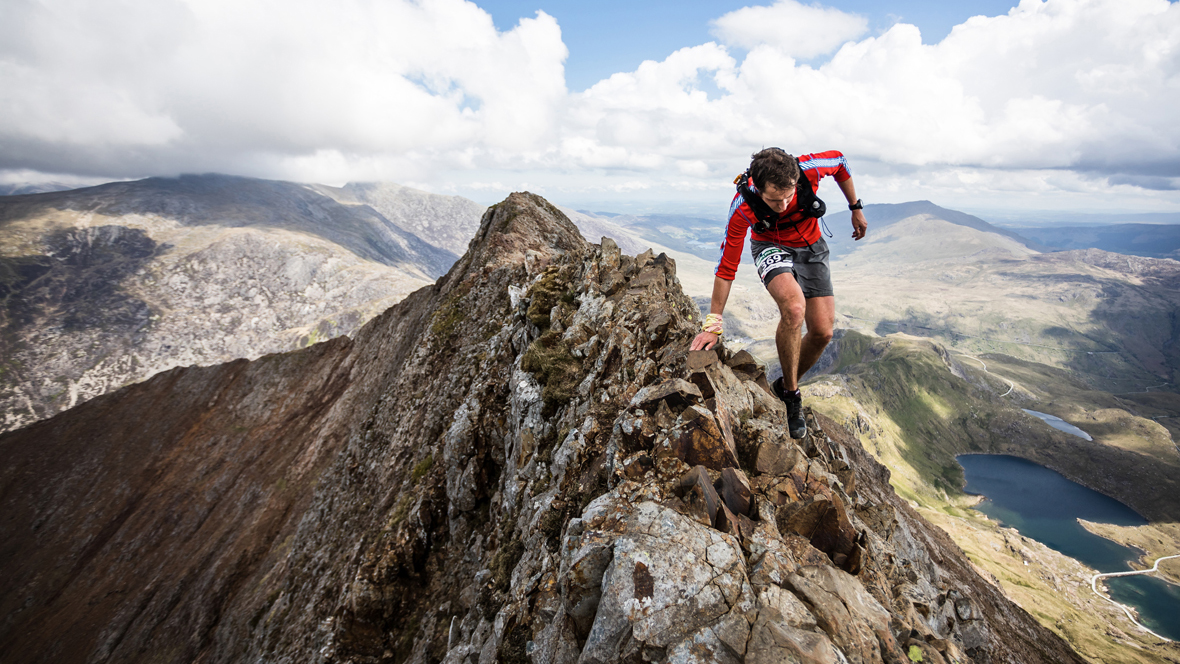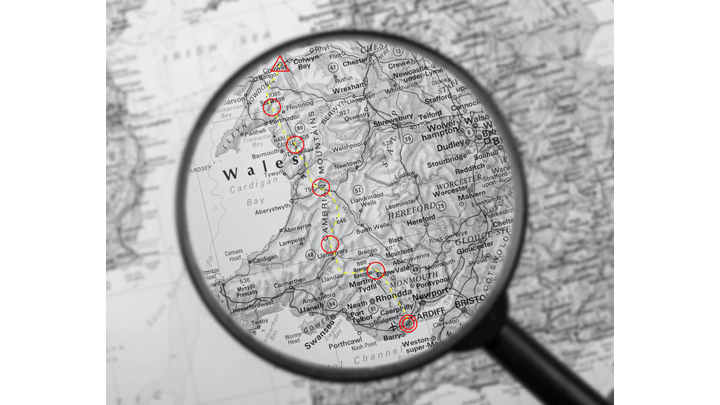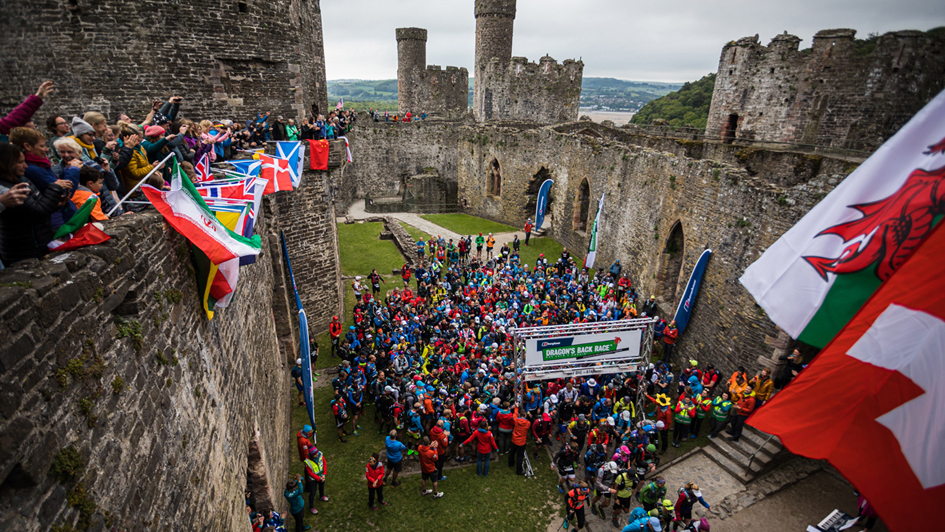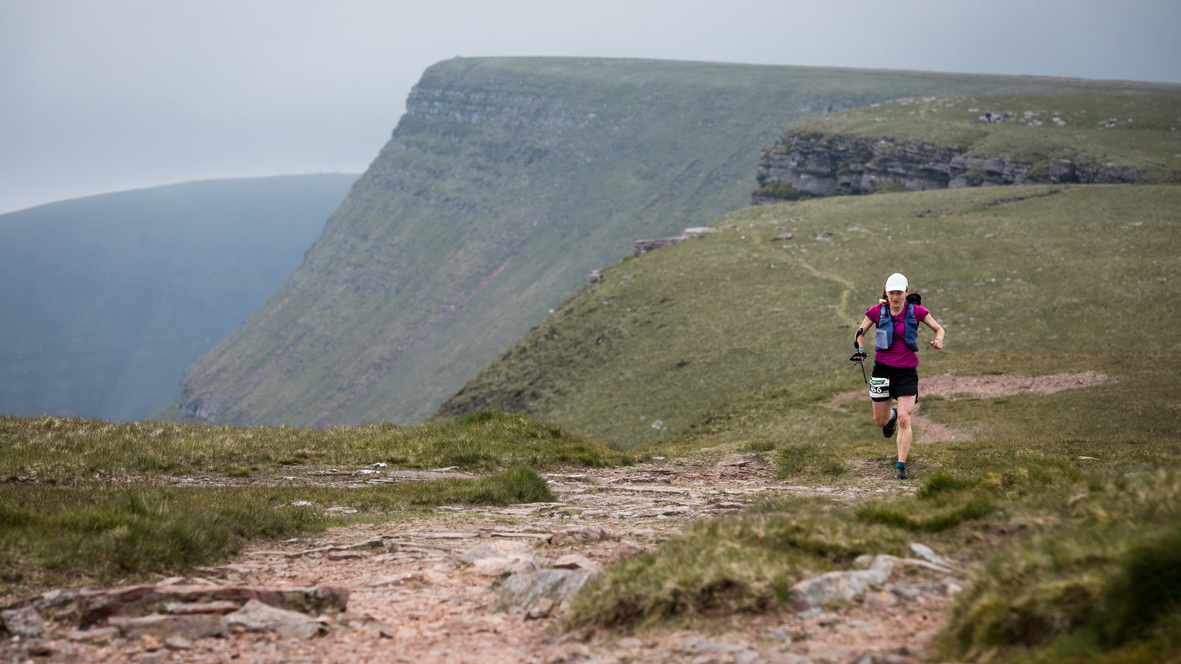The Dragon’s Back: and this time it’s even more scary
Organisers of the “world’s toughest mountain race” up the ante for 2021

All the latest inspiration, tips and guides to help you plan your next Advnture!
You are now subscribed
Your newsletter sign-up was successful
Arguably Earth’s most demanding mountain-running event, the Dragon’s Back Race in Wales, has just been made a whole lot harder. Organisers have added an extra day’s running, plus 65km to the course length, and nearly 2,000 metres to the total ascent.
The Dragon’s Back’s brutal reputation is well earned. Since being launched in 1992, it has only been run five times in total. And despite attracting some of the best trail runners in the world, around half the athletes who enter fail to finish – beaten by the extremely technical terrain and the cruel cut offs.
Entrants to the 2021 iteration of the race will find themselves running for six days instead of five, with the un-marked course extended from 315km to 380km (that’s one and a half marathons per day), and the total height climbed rising from 15,500m to 17,400m (now nearly twice the height of Everest).
As in previous editions of the event, competitors will start at Conwy Castle, but next year the route will see them scrambling along the entire length of Wales’ spine, traversing the Brecon Beacons for an iconic finish at Cardiff Castle.
The last time it was run, in 2019, Canadian Galen Reynolds set a course record while winning the men’s race. Britain’s Lisa Watson took out the women’s race. Whoever wins in 2021 will, by default, set a new record on the revised course.
- Best trail running shoes: your best options for taming the Dragon
- Best waterproof jackets: stay dry on your adventure
- Trail runner Damian Hall sets Pennine Way record

“When I resurrected the Dragon’s Back Race in 2012, I considered extending the route further south,” explains Shane Ohly, the race director. “However, due to the complexity of the event and my relative inexperience as a race organiser at the time, I chose a more cautious approach and opted for the five-day format and a route that was similar to the original 1992 event.
“Over the years, I have reflected on that decision and feel that now is the right time to make a decisive change. I want the Dragon’s Back Race to achieve its full potential in the years ahead. The full and logical journey down the spine of Wales, from Conwy Castle in the north to Cardiff Castle in the south will be realised at last.”
All the latest inspiration, tips and guides to help you plan your next Advnture!

This extension means that the fifth day five will now involve a ”monstrous” 70km run, including an extended traverse of the Brecon Beacons. “The new route truly embraces the ethos of the event by continuing the journey along the spine of Wales’ most southerly peaks,” elaborates Ohly. “Day six initially continues this theme, before linking together brilliant tracks and trails that speed participants south and straight into Cardiff Castle, for a spectacular and fitting finish in the capital of Wales.”
Those who make it that far will be presented with their coveted ‘Dragon’ trophy during a post-race dinner, when competitors (or, at least those with any energy left) celebrate with over 100 volunteers who make the race possible.
If you fancy the sound of that, and don’t mind the thought of getting a six-day mauling from a dragon, entries for the 2021 race will open at 10:00am BST on Tuesday 1 September. For the latest news about the event, visit the official Dragon's Back website.


Author of Caving, Canyoning, Coasteering…, a recently released book about all kinds of outdoor adventures around Britain, Pat has spent 20 years pursuing stories involving boots, bikes, boats, beers and bruises. En route he’s canoed Canada’s Yukon River, climbed Mont Blanc and Kilimanjaro, skied and mountain biked through the Norwegian Alps, run an ultra across the roof of Mauritius, and set short-lived records for trail-running Australia’s highest peaks and New Zealand’s Great Walks. He’s authored walking guides to Devon and Dorset, and once wrote a whole book about Toilets for Lonely Planet. Follow Pat’s escapades on Strava here and Instagram here.
